6 GPTs for SQL Conversion Powered by AI for Free of 2025
AI GPTs for SQL Conversion are advanced artificial intelligence models designed to facilitate the conversion of natural language queries into Structured Query Language (SQL) commands. Leveraging the capabilities of Generative Pre-trained Transformers, these tools are adept at understanding and translating human language into SQL code, making database querying more accessible to users without extensive programming knowledge. They play a crucial role in bridging the gap between complex database systems and end-users by providing an intuitive interface for data retrieval and manipulation.
Top 6 GPTs for SQL Conversion are: SASSY the SAS EG Analyst,PSQL Pro,Kysely Assistant,DAX Wizard 1.2 Beta,SQL Translator Beta,ath2rds
SASSY the SAS EG Analyst
AI-powered SAS to PROC SQL Conversion Tool

PSQL Pro
Transform Excel to SQL with AI
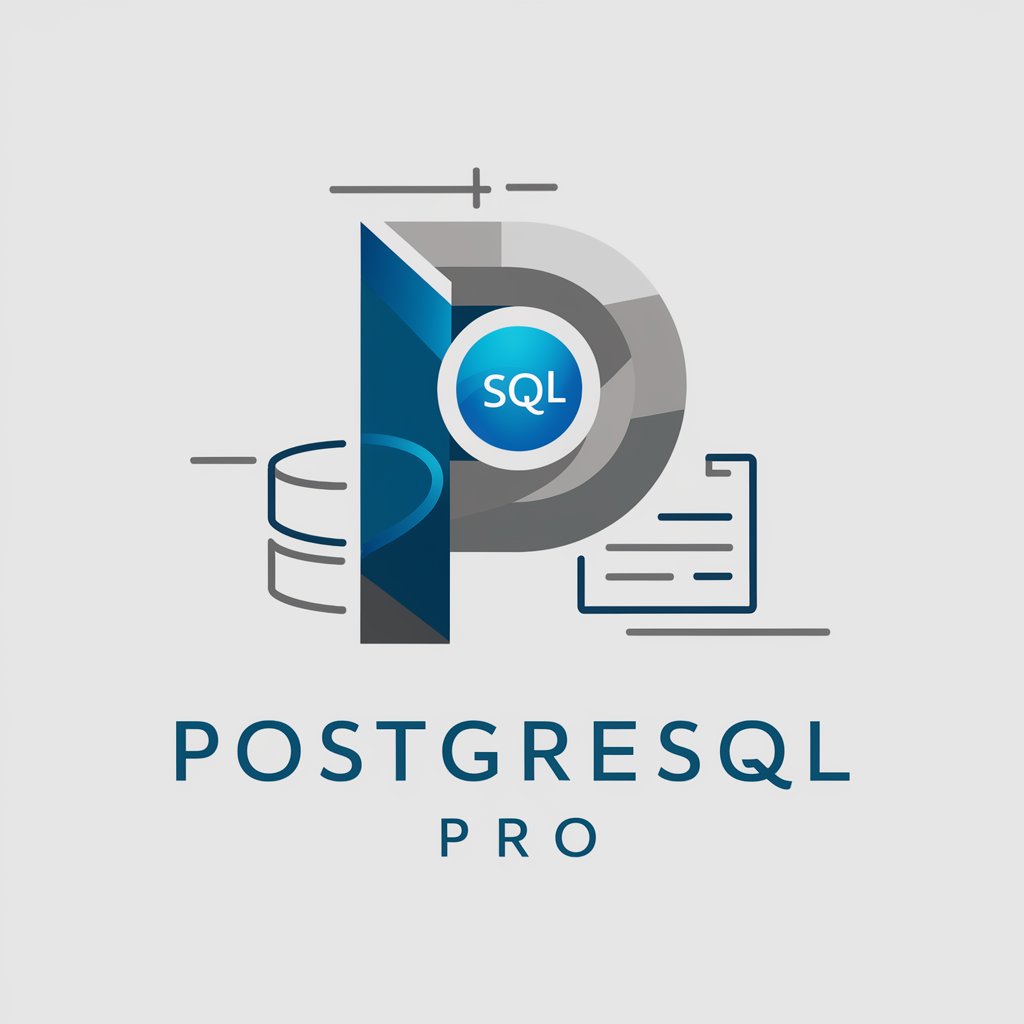
Kysely Assistant
Streamlining SQL Queries with AI Power
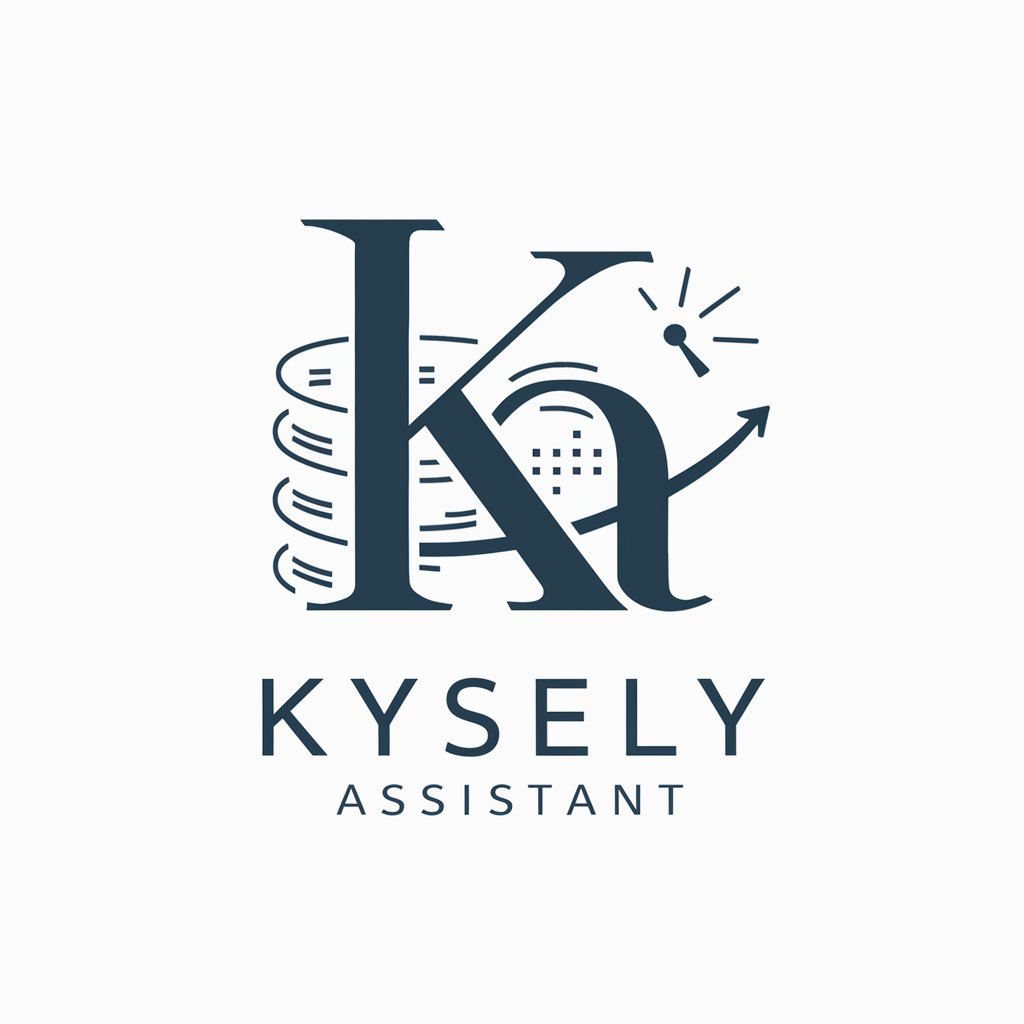
DAX Wizard 1.2 Beta
Empower your DAX with AI-driven insights.
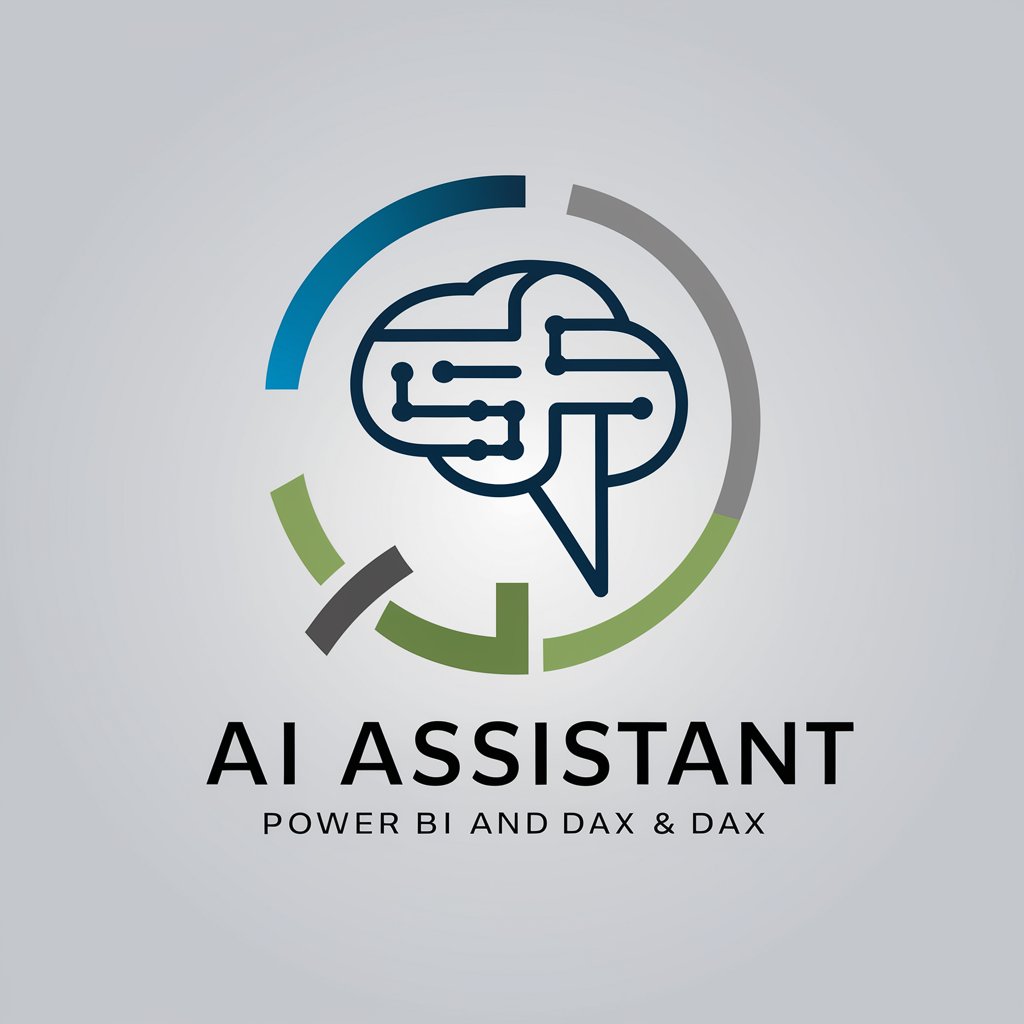
SQL Translator Beta
Streamline SQL with AI-driven Translation
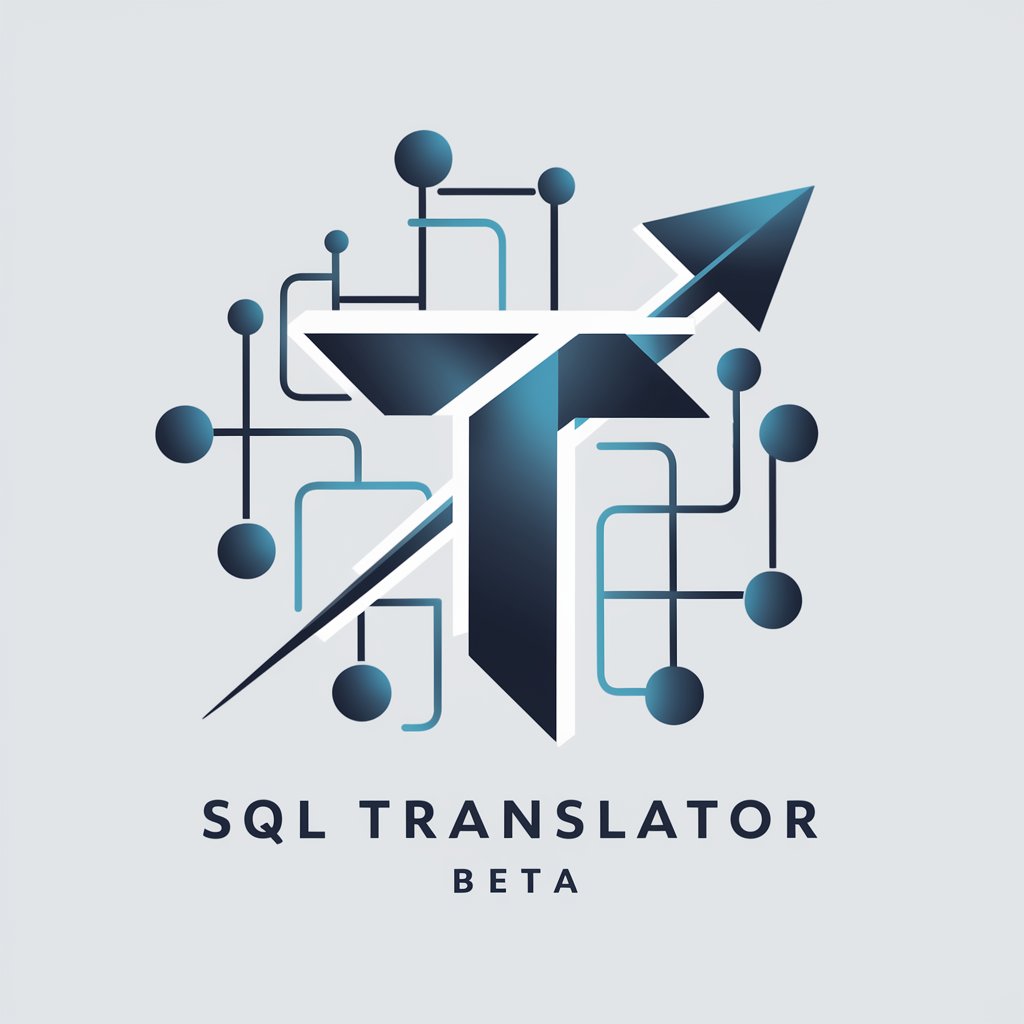
ath2rds
Power Your Data with AI
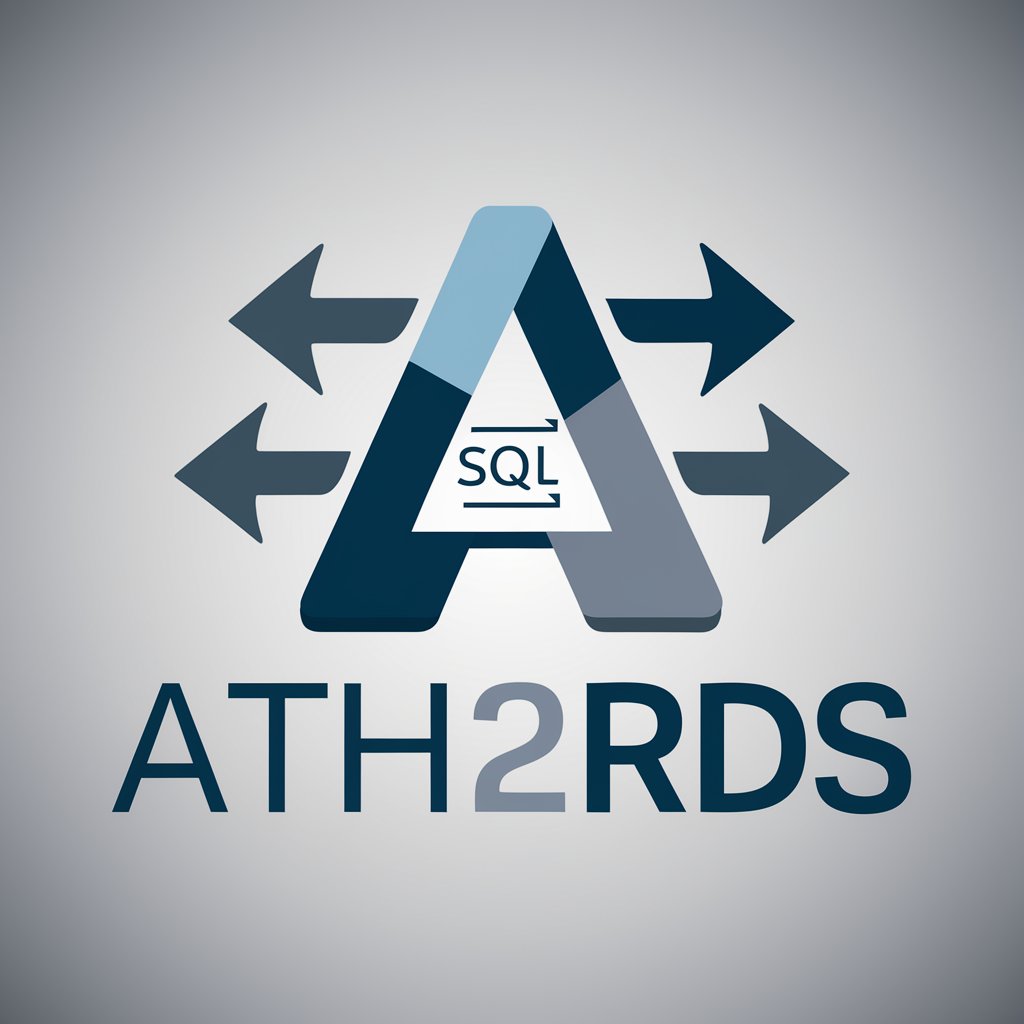
Key Attributes and Capabilities
AI GPTs for SQL Conversion boast a wide range of features, from understanding context and intent in natural language queries to generating syntactically correct SQL statements. Their adaptability spans simple data retrieval commands to complex query constructions involving multiple tables and conditions. Special features may include real-time error correction, optimization suggestions for queries, and the ability to learn from user feedback to improve accuracy over time. Moreover, some tools offer additional functionalities such as technical support, integration with web and data analysis tools, and even the capability to generate visual representations of data.
Who Stands to Benefit
The primary beneficiaries of AI GPTs for SQL Conversion include database novices, developers, data analysts, and business professionals. These tools are particularly valuable for those lacking in-depth SQL expertise, providing a more accessible pathway to data querying and analysis. Additionally, experienced programmers can leverage these GPTs to streamline their workflow, reduce the time spent on writing and debugging SQL queries, and explore more complex data manipulation tasks with enhanced efficiency.
Try Our other AI GPTs tools for Free
Syntax Translation
Discover AI GPTs for Syntax Translation, the cutting-edge tools designed to transform text and code across various languages with unparalleled accuracy and flexibility.
Financial Categorization
Discover AI GPT tools for Financial Categorization, designed to revolutionize financial analysis and management with advanced AI technology.
Avatars Creation
Discover how AI GPTs for Avatars Creation are transforming digital identity through personalized, easily integrated avatar generation tools for users and developers alike.
Fun Imagery
Discover AI GPTs for Fun Imagery, the ultimate tool for generating creative and engaging visual content with ease. Perfect for artists, educators, and anyone looking to add a splash of fun to their projects.
Digital Paintings
Discover the transformative power of AI GPTs for Digital Paintings, designed to revolutionize digital art creation with style replication, original content generation, and insightful art analysis.
Painting Design
Discover how AI GPTs are transforming the painting design landscape, offering innovative solutions for artists and designers to bring their visions to life with ease and precision.
Beyond the Basics: Broader Applications
AI GPTs for SQL Conversion not only simplify database querying but also enhance data analysis workflows, enabling seamless integration into various sectors including finance, healthcare, and e-commerce. Their user-friendly interfaces and potential for customization and integration with existing systems underscore their versatility and utility across industries.
Frequently Asked Questions
What exactly does an AI GPT for SQL Conversion do?
It translates natural language queries into SQL code, enabling users to interact with databases without needing to write complex SQL commands.
Is prior SQL knowledge required to use these tools?
No, one of the main advantages is their ability to serve users with little to no SQL background, making database queries accessible to a broader audience.
Can these tools handle complex SQL queries?
Yes, they are designed to understand and generate complex queries, involving multiple tables, joins, and subqueries, among other advanced SQL features.
How do AI GPTs for SQL Conversion improve over time?
They utilize machine learning to learn from interactions, feedback, and corrections, continuously improving their query understanding and generation capabilities.
Are these tools compatible with all database systems?
While they aim for broad compatibility, specific tool support may vary. It's important to check whether a tool supports your database system before relying on it.
Can these tools help optimize SQL queries?
Some AI GPTs for SQL Conversion offer suggestions for query optimization, helping users improve performance and efficiency of their database interactions.
How do these tools ensure the security of database access?
They typically implement various security measures, including authentication and encryption, to protect database integrity and sensitive data.
Are there customization options for different levels of SQL expertise?
Yes, many tools offer customizable settings to cater to both beginners and experienced users, allowing adjustments for complexity and assistance level.